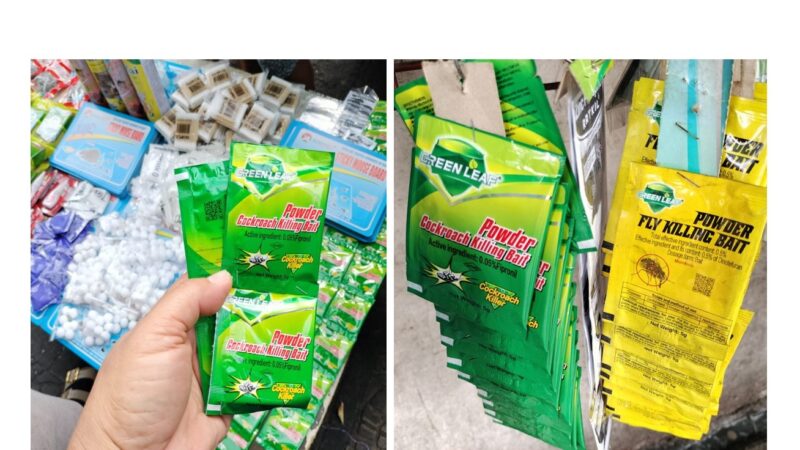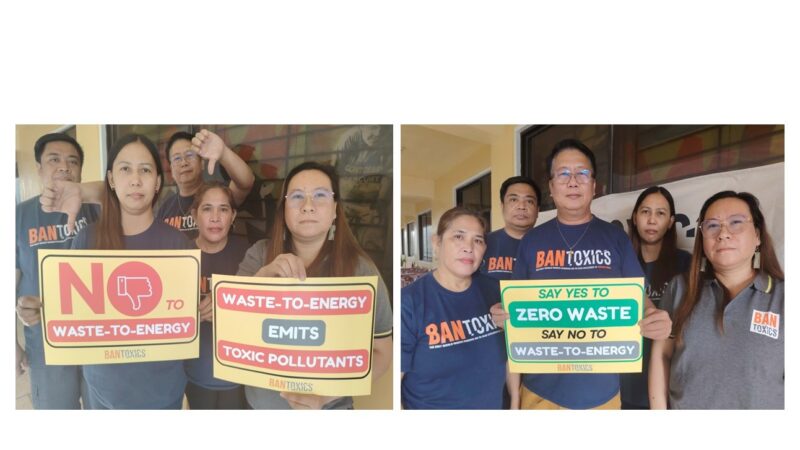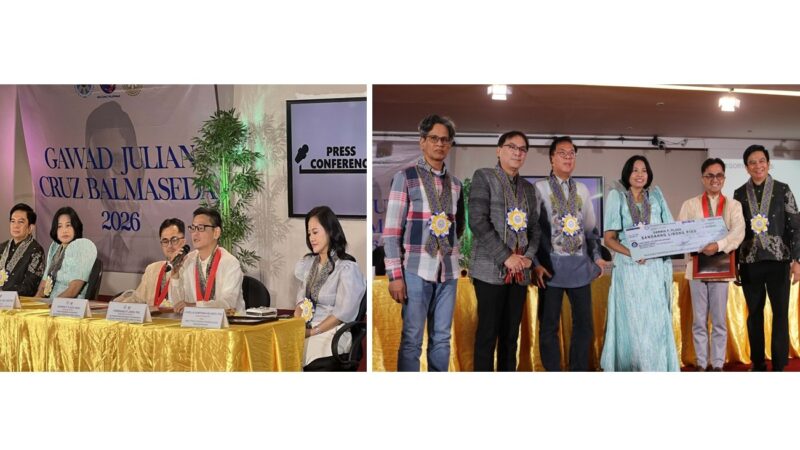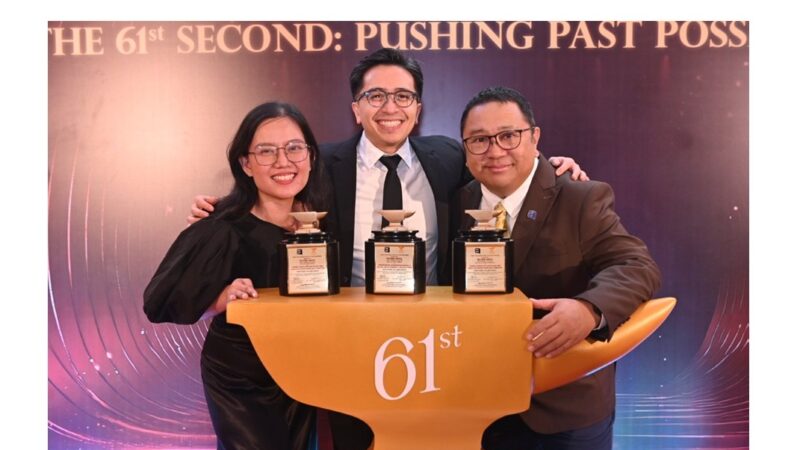“Seeds of Hope: A Farmer’s Unwavering Promise”
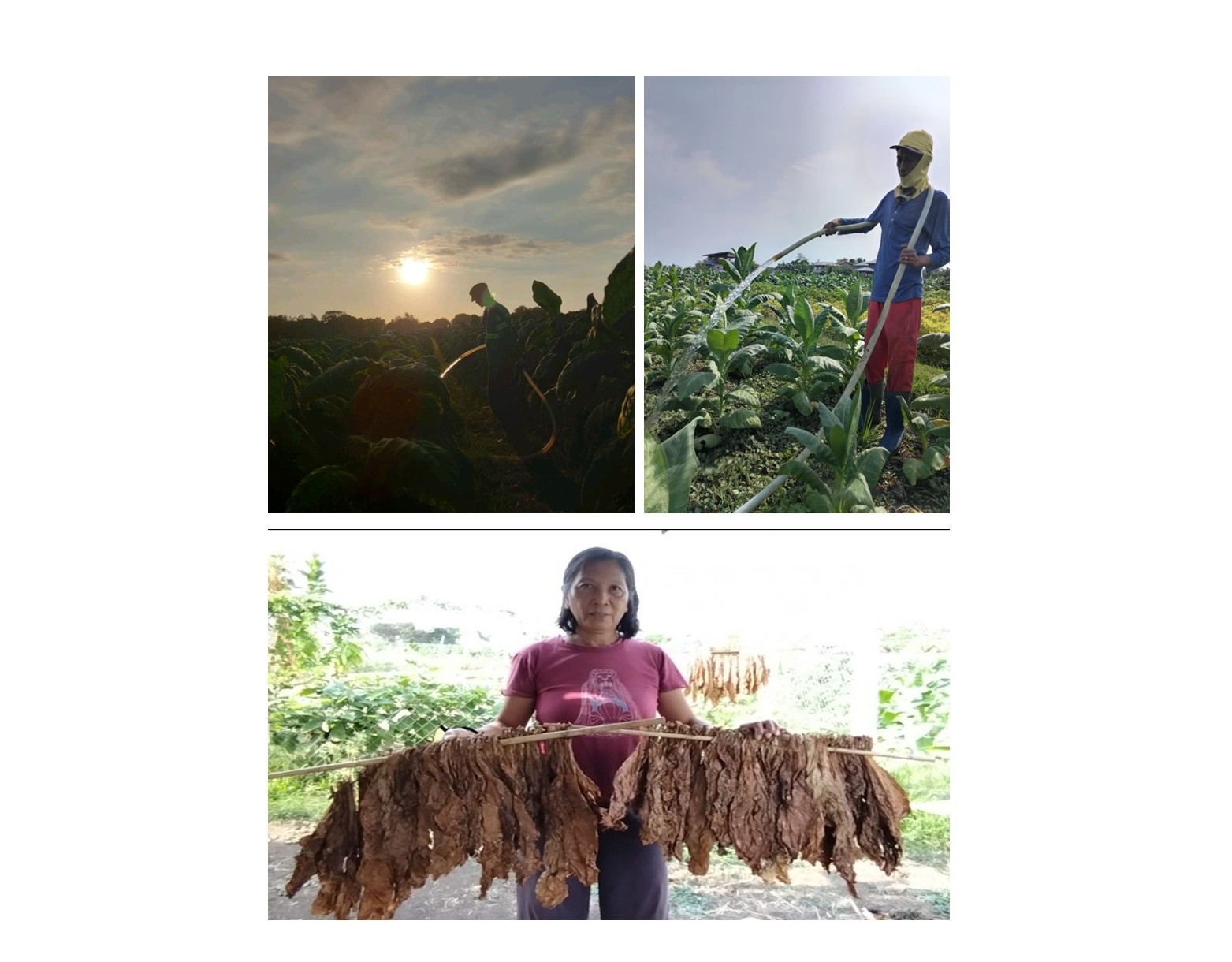
Caba, La Union – The farming couple faced immense challenges in life, but they never gave up. Instead, they persevered, driven by their promise to provide their two children with a good education.
Farming is the sole source of livelihood for Ferdinand and Mercy Cavinta, a couple from Santiago Sur, Caba, La Union.
They continue the farming tradition passed down by their parents, tending to the 1,500 square meter plot of land they inherited. This land, previously used for planting tobacco and rice, is now their lifeline, providing sustenance and funding for their children’s education.
I had the opportunity to personally visit and interview Ferdinand and Mercy. Despite their busy schedules on the farm, they graciously accommodated my request to speak with them.
I found Ferdinand diligently watering the tobacco plants under the scorching heat of the sun. The vastness of their tobacco field was immediately apparent.
According to Ferdinand, he waters the plants twice a day, drawing water from a well using a motorized pump and a long hose. “I start watering around four to six in the morning, which takes about two hours. Then, I do it again from three to five in the afternoon,” he explained.
“I water them every day for three months before the harvest. The only problem is when it rains continuously, as the plants can get submerged and the leaves can be damaged.” He added, “It took me a while to learn the techniques and methods to cultivate and grow these tobacco plants. I am also very grateful to my wife for helping me with this farming. She’s over there in the hut, folding and drying the tobacco leaves.”
Next, I went to see Mercy, who was also busy folding and drying tobacco leaves.
Mercy kindly agreed to an interview, where she shared the processes involved in their livelihood as tobacco farmers.
As I spoke with Mercy, I noticed her skilled hands as she expertly pierced the tobacco leaves onto bamboo sticks for sun-drying.
Mercy shared, “Our work is quite difficult, so you need to be patient to get used to it. We don’t have any other source of income here besides tobacco and rice, which are the main livelihoods for most people here.”
“We are grateful to our parents for entrusting us with this 1,500 sq. meter land, which they used to plant tobacco and rice,” she added.
Initially, they were unsure of how to start planting.
“We tried attending training sessions and seminars conducted by the government to gain knowledge. The local government also provides machinery for plowing and spraying, as well as PVC pipes for irrigation. The Department of Agriculture also provides fertilizers,” Mercy explained.
“We carefully followed the instructions and tried planting, but then COVID-19 hit in March 2020. We continued because we had already started planting, but we didn’t expect Typhoon Ambo to arrive in May 2020. We were truly tested during the height of COVID-19 when the typhoon struck, destroying our tobacco plants. We were very saddened because the continuous rains prevented us from farming for three months. My husband tried fishing, but it wasn’t enough because he only caught a few fish from the sea.”
“We couldn’t think of any other way to earn a living, so we relied on the government’s assistance or relief goods. We were also forced to borrow money to survive our daily lives. We almost cried, but our two children gave us strength,” Mercy recounted.
According to Mercy, “The best time to plant tobacco is after the rainy season, when the dry season begins and the climate is dry. Therefore, the ideal months to plant tobacco are October or November, as the harvest will take place in April. After the tobacco harvest, we will plant rice.”
Mercy showed me their tobacco plantation, which she considers to be Class A native tobacco. According to her, these plants will grow even larger and need three more watering sessions to harden the leaves before harvesting.
“We are happy when people come here to buy our products, some even from Pangasinan, because it can be used not only for cigarettes, but it can also be used to make soap.”
She also showed me the tree where the fruits contain tobacco seeds, which are then planted in the ground.
“Now that we have overcome the trials that came our way since the pandemic and the series of typhoons, this is now the Lord’s reward to us. We have been lifted out of poverty, we are slowly paying off our debts, and we have fulfilled our promise to our two children to finish their studies, and now they have jobs.”
“Our journey in earning a living through planting tobacco and rice does not end here because many clients still depend on us, and we will continue to help them with their needs as long as we can,” Mercy concluded. # Photos and videos by Mario Oclaman //FNS

